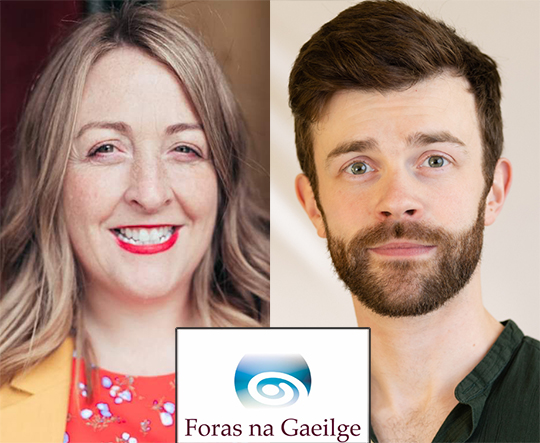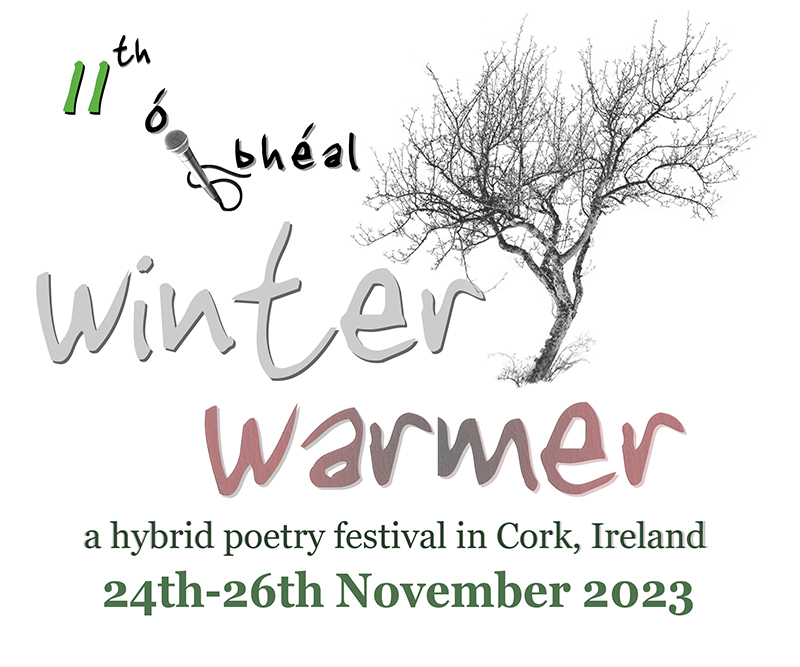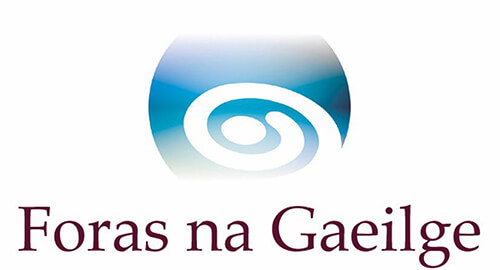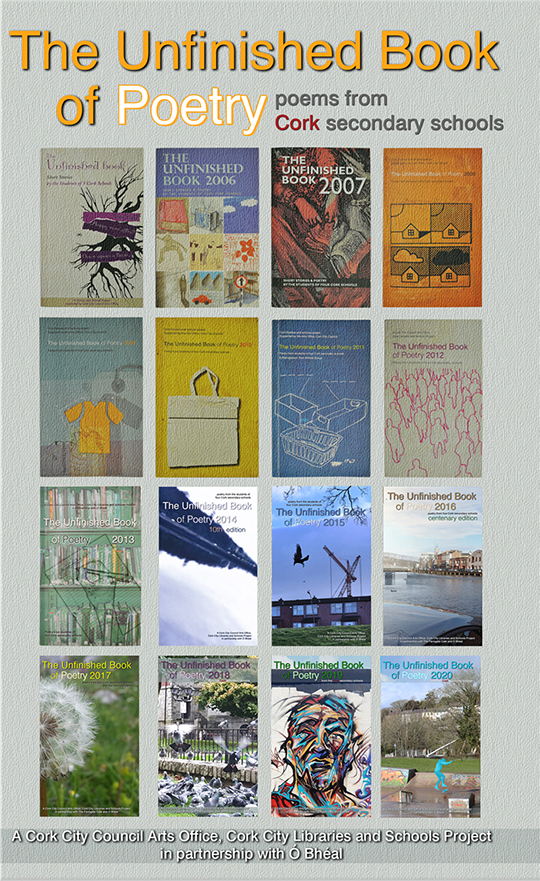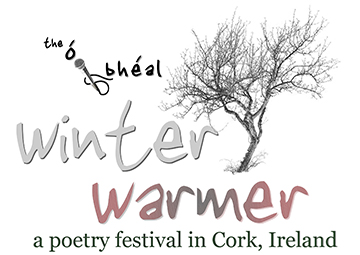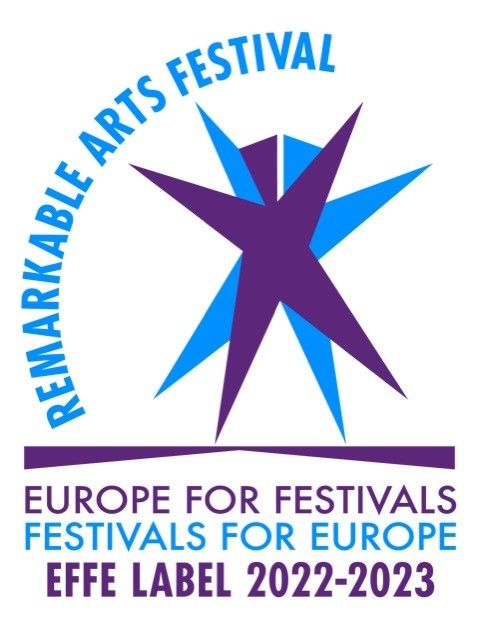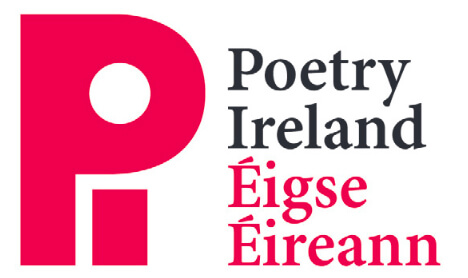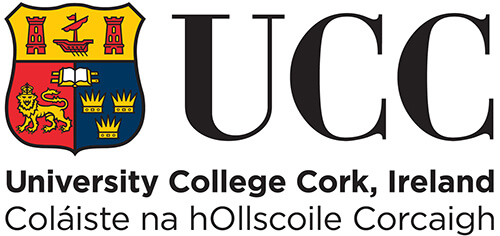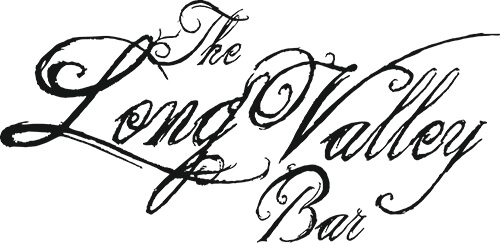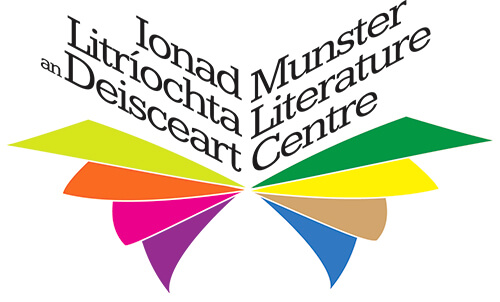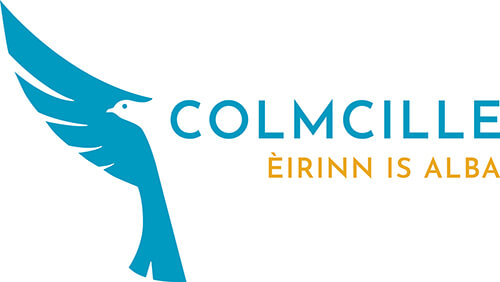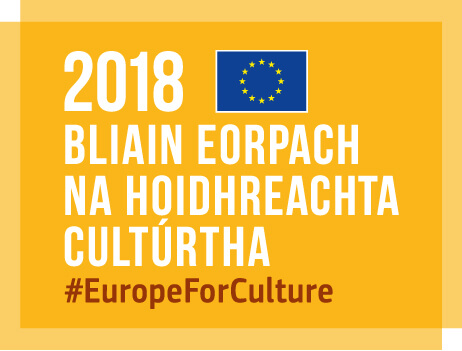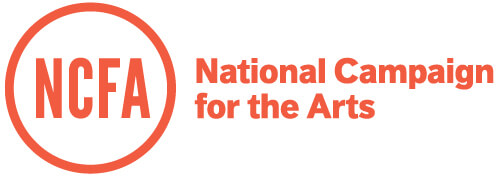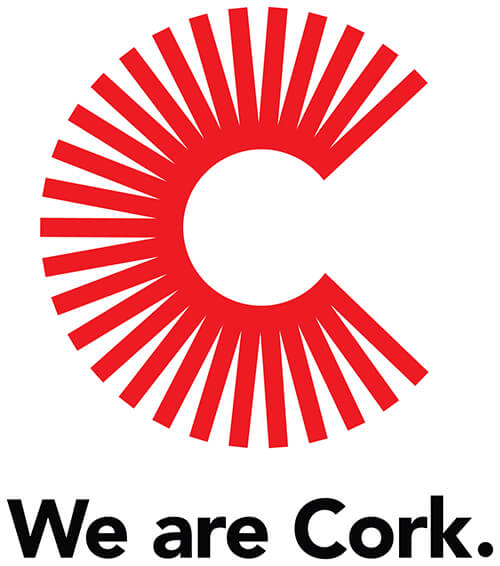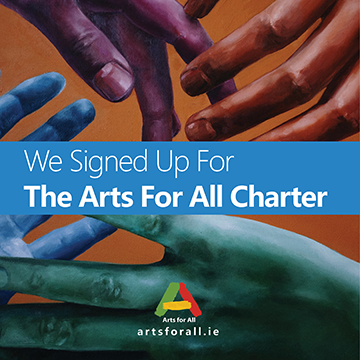Interviewed by Jennifer Matthews
JM: You’ve obviously been living in Ireland for quite a long time. As someone who was originally from a different country, do you think this influences you as a poet?
LL: Came here first in ’73 and have been living near Bantry since 1980. One influence is obvious: I’m writing in English – which I find far more useful for poetry than the cumbersome German. And it means I’m writing in the world language (and just got a poem published in Australia). This island has its effect on me in that I’m writing a lot about the sea – both as location and metaphor. (had I stayed in Duesseldorf, I’m sure it would have been the Rhine…). I’ve only written one poem about immigration – but several on isolation and feeling strange – but I felt that way in Germany too… What alienates me most is the close connection between pints and poets in Ireland… As a writer I’d be far more at home in a cafe…
JM: Can you speak a little bit about your ‘revision’ process? Do you show poems to friends for feedback? How many drafts do you typically write?
LL: It usually starts with an idea, an observation or something interesting with words of which I make a note. Then I type up something raw. Days later I go back to it and knock it into some shape. There it could remain for months or years. Then it gets polished. Then it gets cut down, often brutally. And so it stands. And then gets quibbled with and honed and a word changed here, a comma deleted there. And its finished. And then I find a word that’s obviously better – or a stanza that sounds great but is really superfluous… and so on.
JM: A few of your poems were intensely personal and examined the dynamics of the parent-child relationship. Do you find poetry to be a therapeutic process?
LL: Yes. You have to clarify what you really feel and think – and then try and communicate it. Performing ‘Air’, a poem about my father strangling me had me in tears a few times – and that was surely cathartic – and perhaps also for the audience. I believe in coming clear about one’s shit – and thus learning and showing how we all have these demons and injuries and weak spots. And doing funny poems and have the punters laugh is of course also therapeutic for us all.
JM: A line in one of your poems goes, ‘We are not our brains,’ and I was reminded of the philosophy of Eckhart Tolle (author of ‘The Power of Now). Is he an influence on you and your writing?
LL: No. But I’ve read him and he makes a lot of sense – yet he’s still clinging to the ‘god-delusion’ and his Christian background. That I’m not my brain was the most important insight from my battle with depression – and gave me a handle on the problem – and left me with the quest(ion): what, then, am I really. And on to a spiritual journey that after 25 years has left me on the shores of atheism and writing for Humanism Ireland.
JM: The environment seems to be a frequent topic in your poetry. Do you think poetry has the power to influence society in crucial issues such as this one?
LL: I was the editor of Earthwatch, the Irish environmental magazine, for 6 years and I had an influence then – if only because we had a much larger print run than any poetry mag. in Ireland… In my poems it’s more about attitude now, being more reflective, more aware of consumerism and the growing superficiality of our society. I once read a poem to thousands through a megaphone at an Iraq war rally – but I don’t think poetry has much influence when only a few thousand people read the poetry mags and having 2 or 3 dozen folks at a reading is a success…
